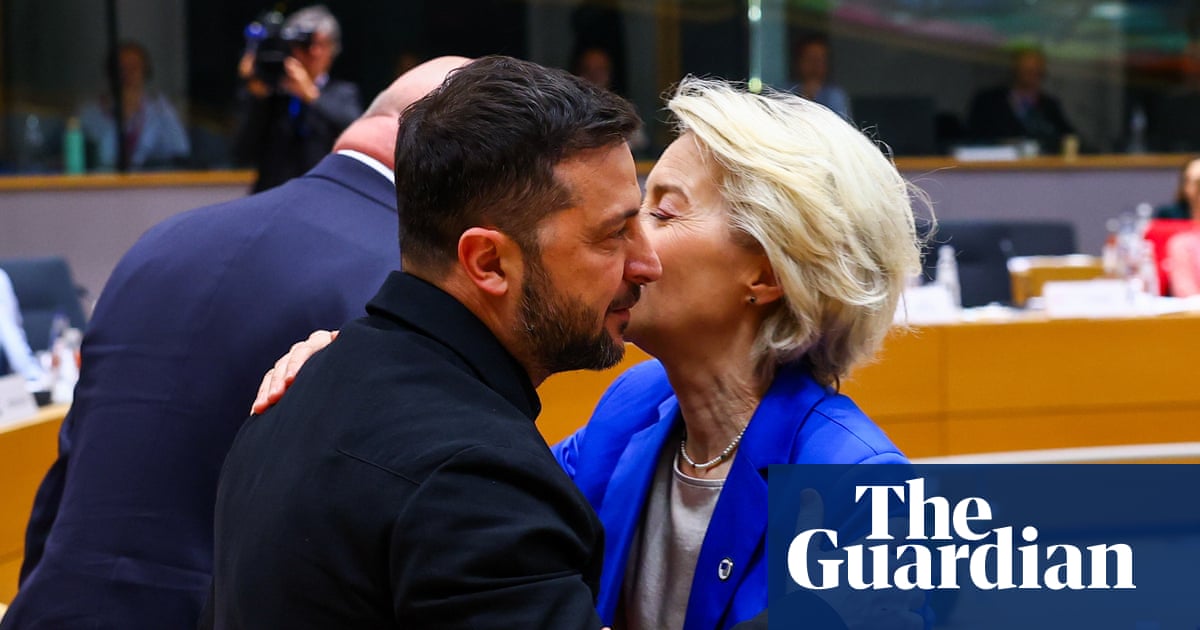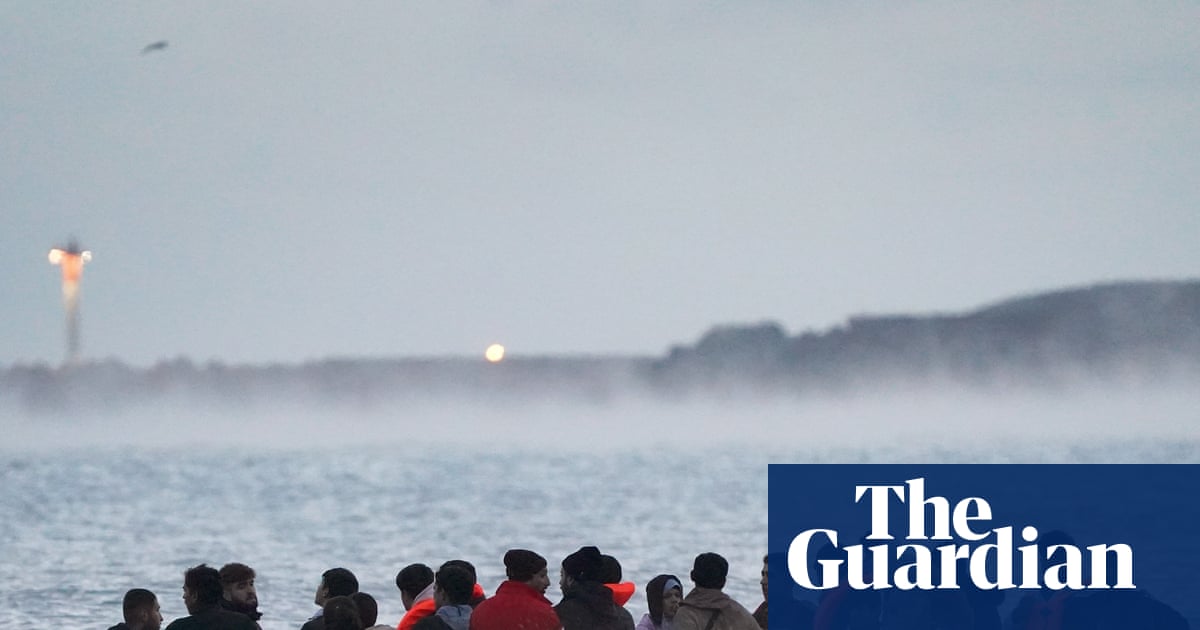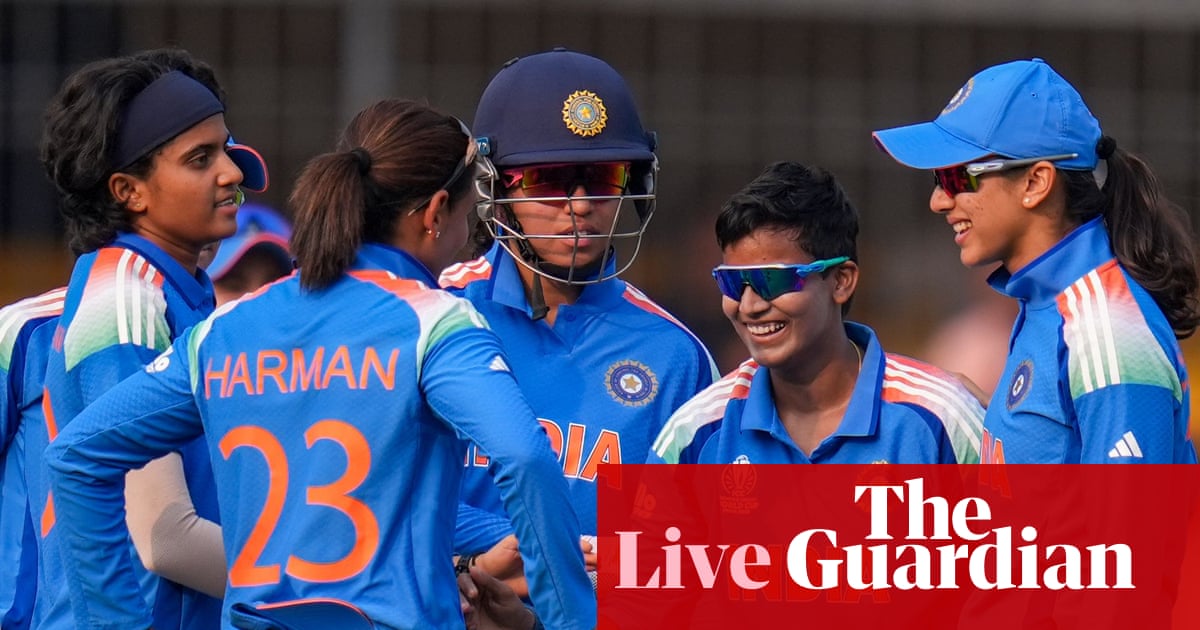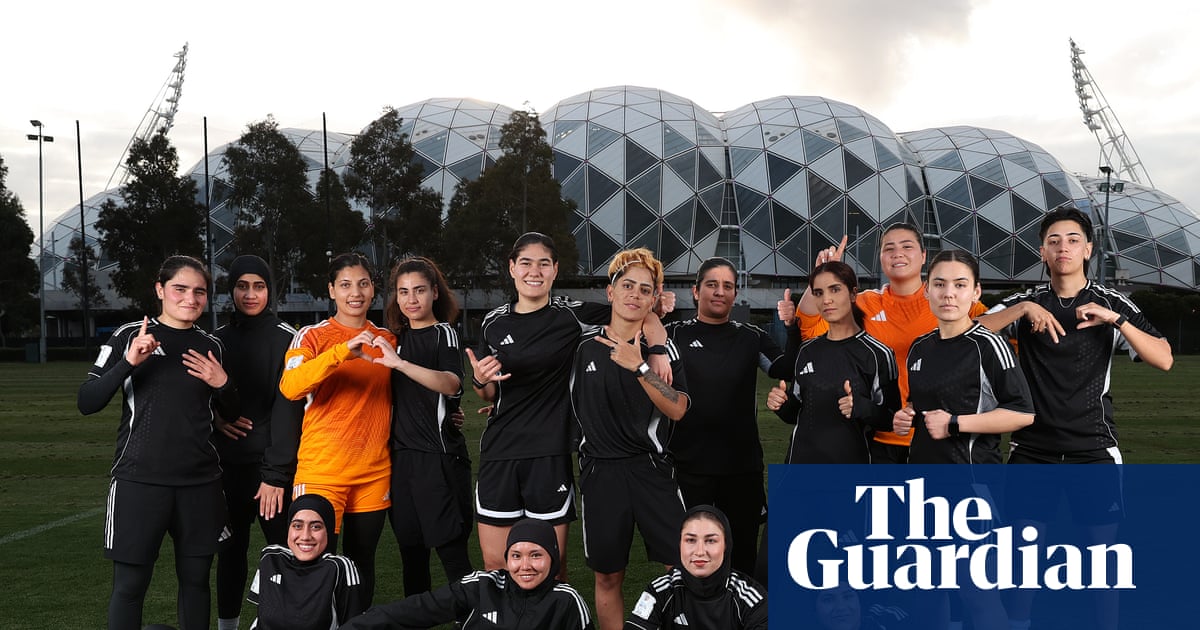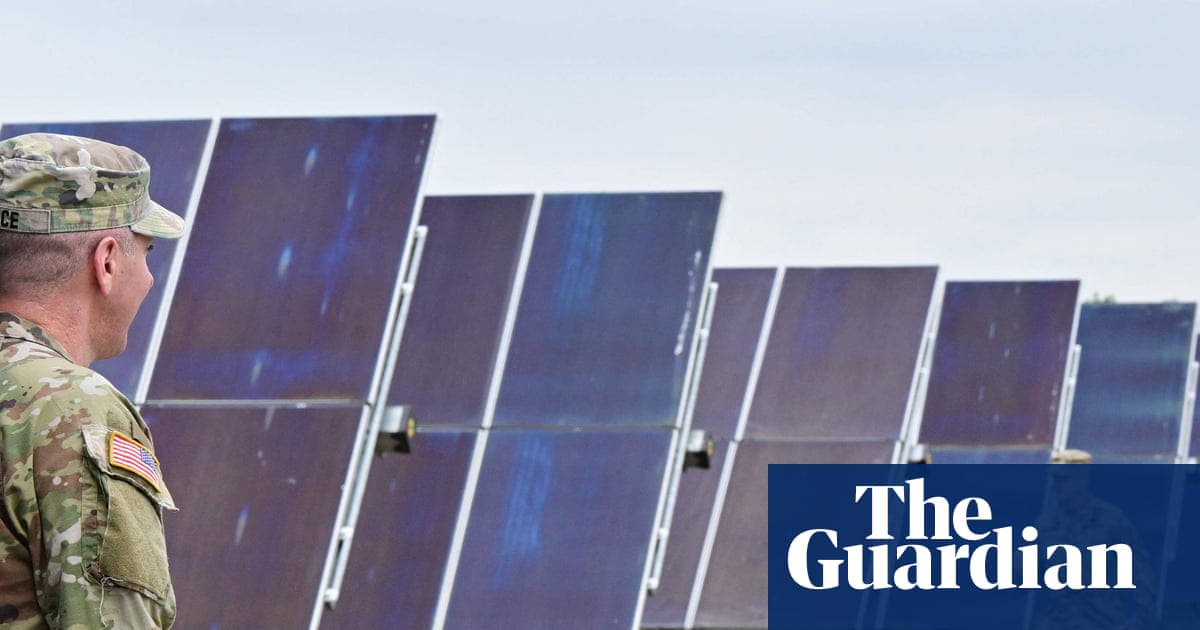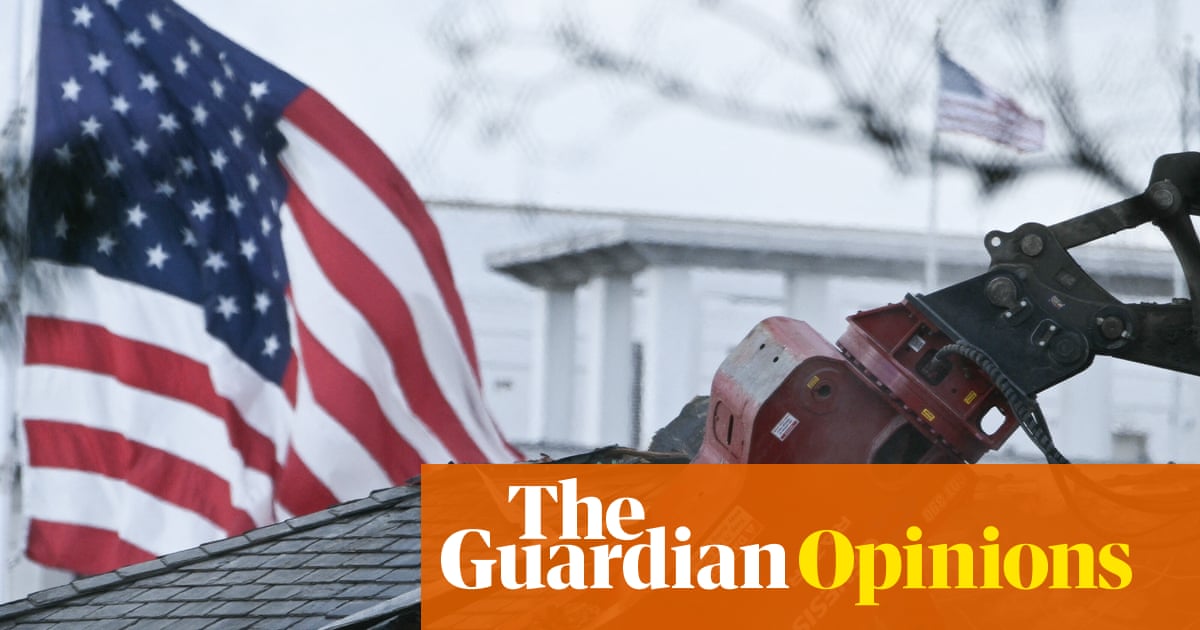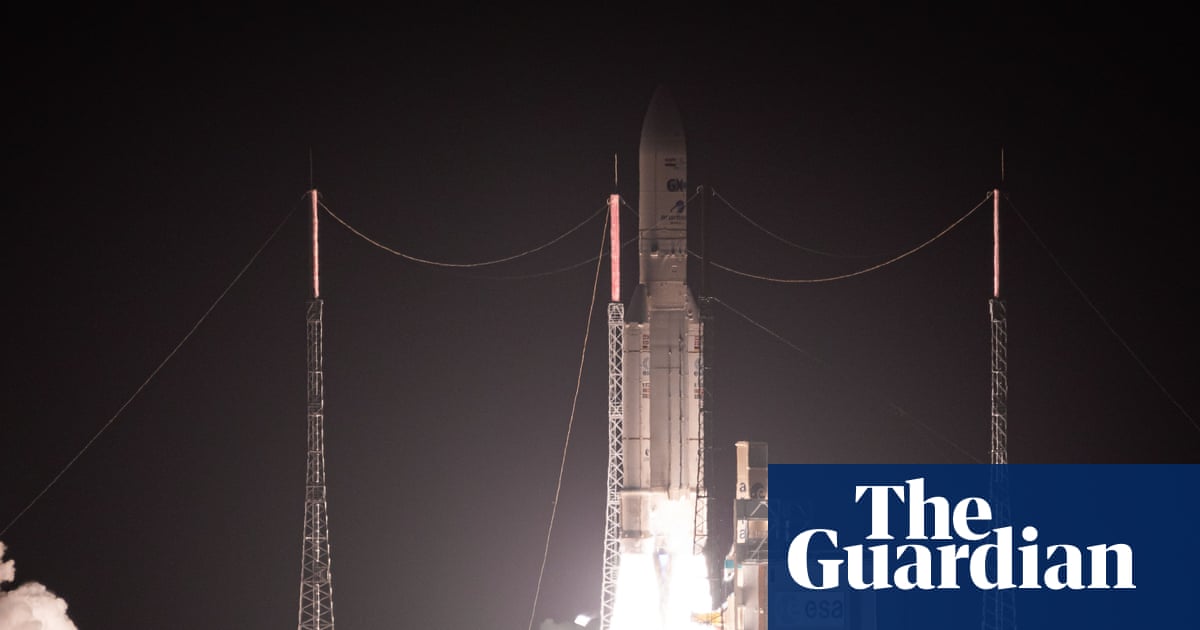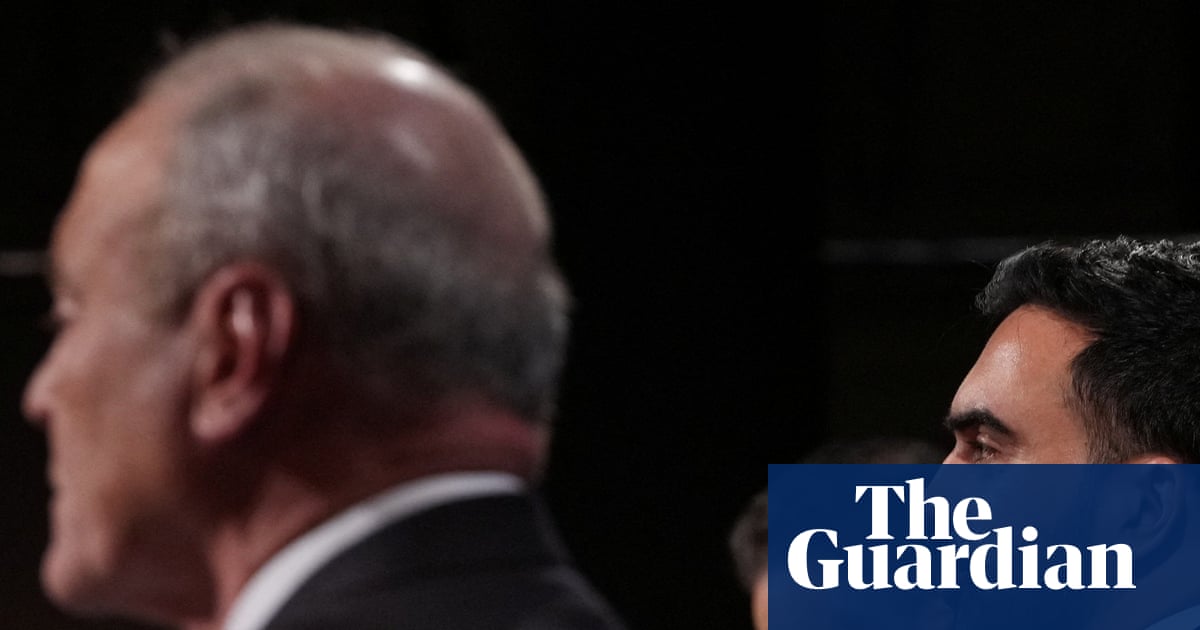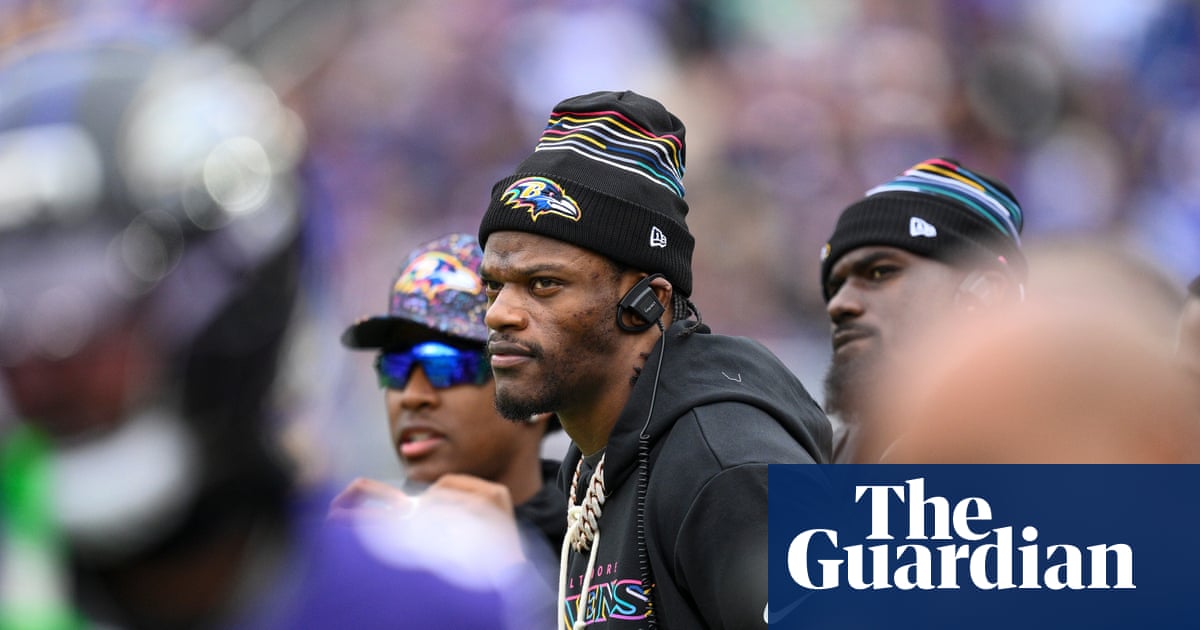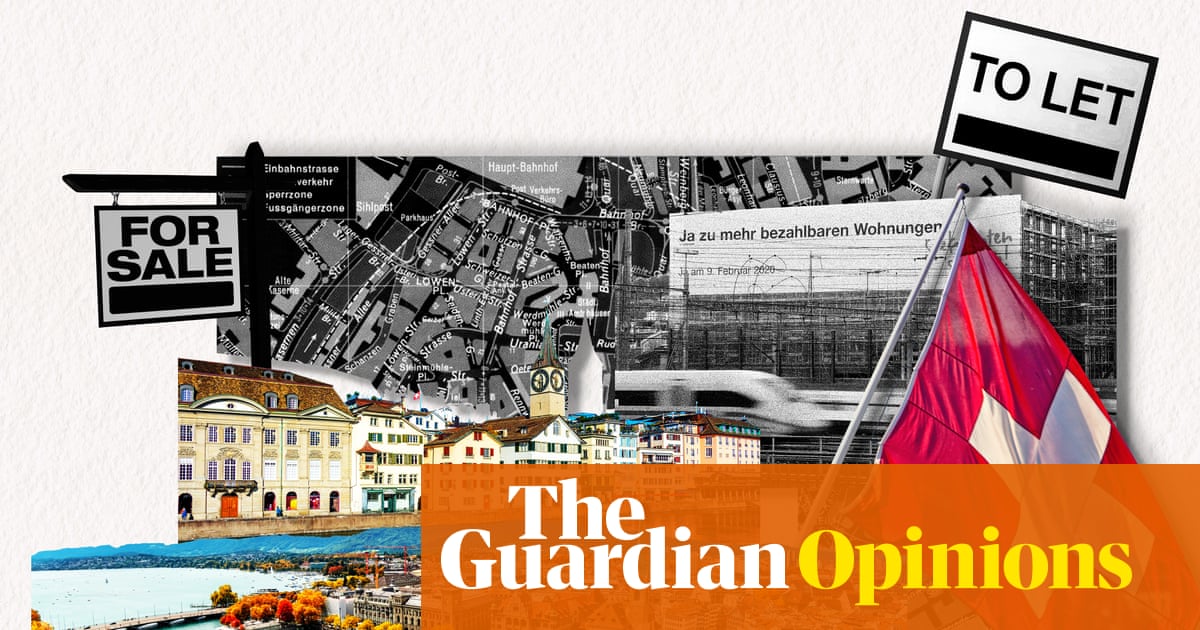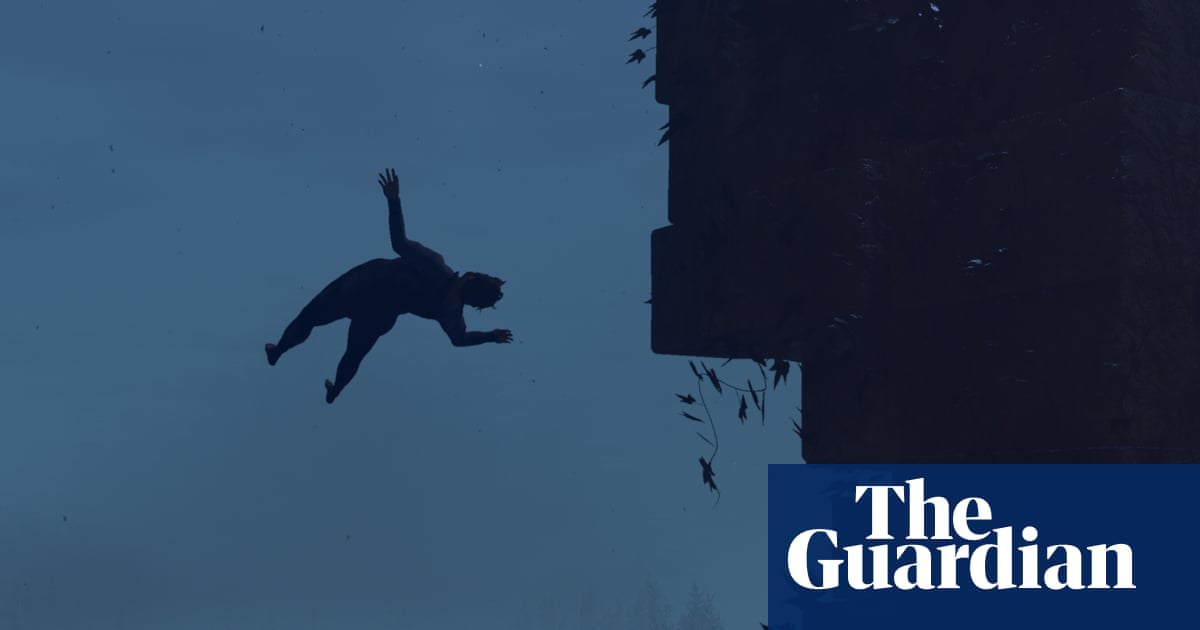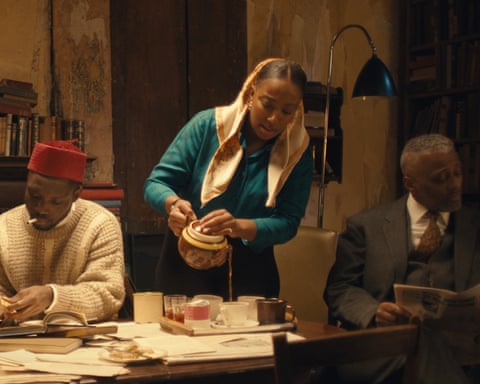
Flowing waterways and revving motorcycle engines feature as the artists shortlisted for the prestigious film-making prize prepare to take their work around the UK
‘Charting the social history of activism’ … Onyeka Igwe, A Radical Duet (2023)Thu 23 Oct 2025 08.00 CEST
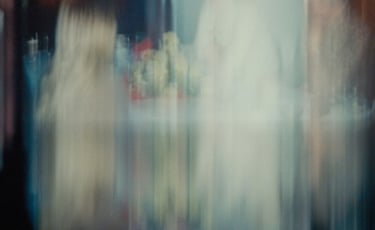
Morgan Quaintance, Repetitions (2022)
Work from the nominees for this year’s Film London Jarman award, which recognises exceptional UK-based artist film-makers, is set to go on tour. Morgan Quaintance made the shortlist for work such as Repetitions (2022), which dissects formal elements of film in a heightened sequence of flickering images and sound loops which speak to social histories of industrial and physical labour. The Film London Jarman award tour is showing in venues across the UK from 25 October to 14 December 2025Photograph: Morgan Quaintance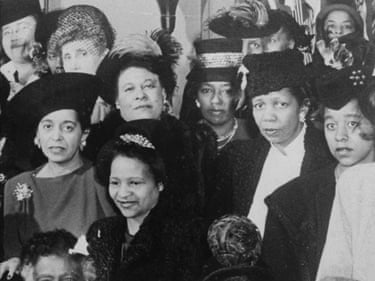
Morgan Quaintance, Repetitions (2022)
Being a musician, interactions between image and sound are central to Quaintance’s work. Through tense crescendos of light and sound, jolting cuts and loops, wistful pauses and sudden flashes of noise, we experience hope and anticipation, pleasure and fatigue, and become implicated in the film’s world. We are watching, listening to and dancing with images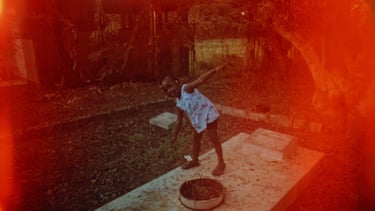
Hope Strickland, A River Holds a Perfect Memory (2024)
Hope Strickland’s A River Holds a Perfect Memory meanders gently across waterways in Jamaica, from a leisurely raft on the Martha Brae River to a night-time boat trip in Falmouth’s bioluminescent lagoon. Shifting focus to the impact of industry on the waters of northern England, the film uses water to explore the entanglement of these supposedly disparate communities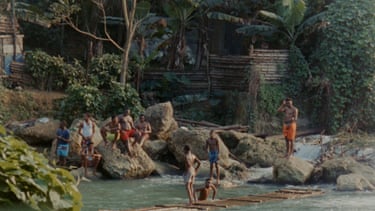
Hope Strickland, A River Holds a Perfect Memory (2024)
A British Jamaican artist and film-maker, Strickland’s work sits at the intersection of experimental film and documentary practices. She asks how we might live in a world and relate to one another with care while among and against systems of power and control. A River Holds a Perfect Memory traces diasporic memory and family migration between the UK and Jamaica and explores the relationship between two geographical waterways – the Martha Brae River and Falmouth Estuary in Jamaica – and various reservoirs and valleys in northern England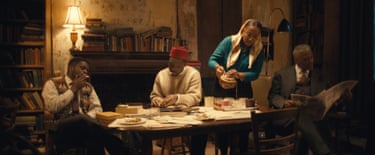
Onyeka Igwe, A Radical Duet (2023)
London born and based, Onyeka Igwe’s work is aimed at the question: how do we live together? Her films are invested in charting the social history of activism, movement building, rebellion and how we might creatively revive the archives of dissent. Igwe’s films insist that history’s absences and fragments can still yield untold stories and futures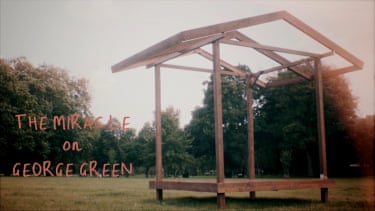
Onyeka Igwe, The Miracle on George Green (2022)
The Miracle on George Green was born from Igwe walking through Hackney Marshes repeatedly in 2020 imagining her childhood: ‘The things I experienced and those I wished I had, founded on a deep and long-standing fascination with the English civil war, the interregnum, the Levellers, the Diggers and a nostalgia for the idea of the Commons. A film about political defeat and my attendant romanticism for political formations. A heartbreak film as well’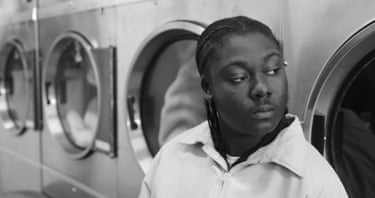
Arwa Aburawa and Turab Shah, I Carry It With Me Everywhere (2022)
Aburawa and Shah are an artist duo based in London. I Carry It With Me Everywhere explores how migration results in moments of rupture from which new understandings of home and belonging may emerge. Shot in black and white, Aburawa and Shah’s film seeks to convey the timeless and continuing search for answers
Arwa Aburawa and Turab Shah, I Carry It With Me Everywhere (2022)
Informed by interviews with first-generation migrants living in London, this work weaves together the lives of multiple characters as they confront inherited ideas of belonging. It’s a tense kind of narration, there is so much sadness, frustration and confinement. I Carry It With Me Everywhere explores a suggestion: it’s not that some of us do or don’t belong here or there. None of us belong anywhere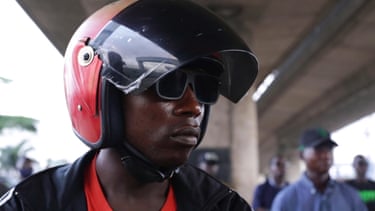
Karimah Ashadu, Machine Boys (2024)
In Machine Boys British-born Nigerian artist and director Karimah Ashadu enters the underground community of motorbike taxi drivers, a forbidden practice in Lagos, and delivers a visceral portrait of masculinity and precarious labour in Nigeria’s patriarchal culture: ‘I’m really interested in industry and economy, and how people, through work, bring the country, its values and its ideas alive’Photograph: Courtesy the artist and Sadie Coles HQ 4
Karimah Ashadu, Machine Boys (2024)
Ashadu’s short film explores the informal economy of motorcycle taxis; colloquially known as ‘okada’, in the megacity of Lagos. Banned due to the government’s inability to regulate it, Machine Boys portrays a hardy group of bikers who continue this work, seeking to attain financial autonomy and independence. Machine Boys dwells on the consequences of this ban, while portraying the daily rituals and challenges faced by okada riders Photograph: Courtesy the artist and Sadie Coles HQ 4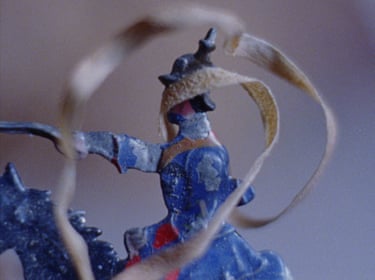
George Finlay Ramsay Nursted, from the Sleep Side (2023)
Shot in a 16th-century manor house in the South Downs, Ramsay’s 16mm film Nursted, from the Sleep Side takes us through the dark corridors and dusty shelves of the former home of two bohemian artists, reflecting on its history as it falls into disrepair and the fading memories of its inhabitants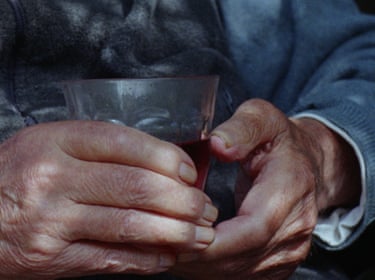
George Finlay Ramsay Nursted, from the Sleep Side (2023)
Born in Scotland, Ramsay is an artist working with poetry, ritual and analogue film-making. Ramsay makes works that are part documentary, part mythExplore more on these topics

.png) 5 hours ago
8
5 hours ago
8

